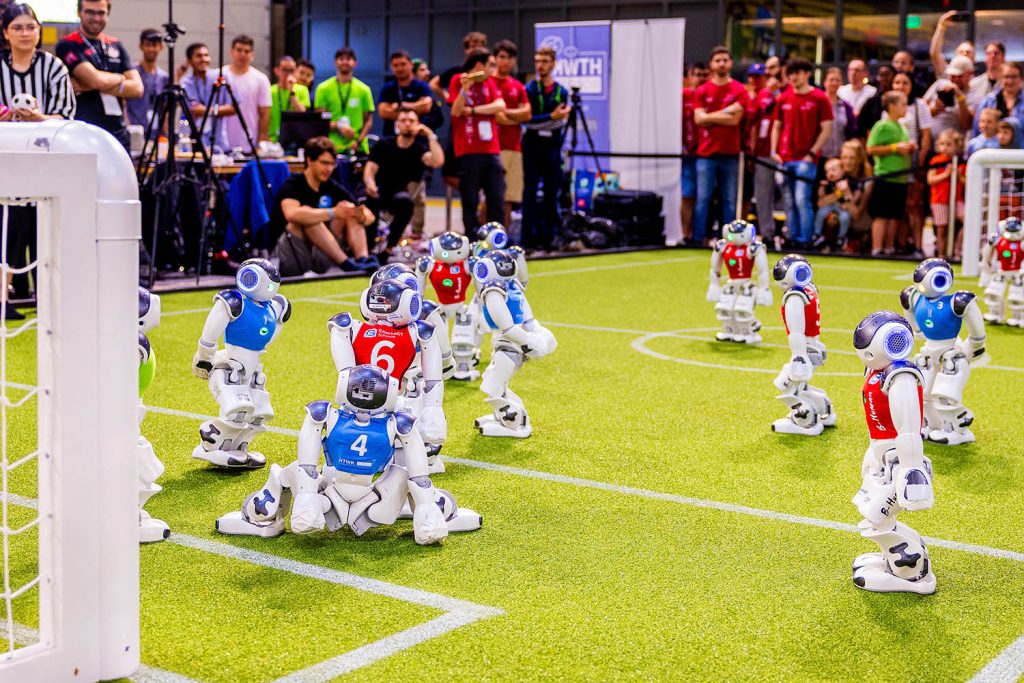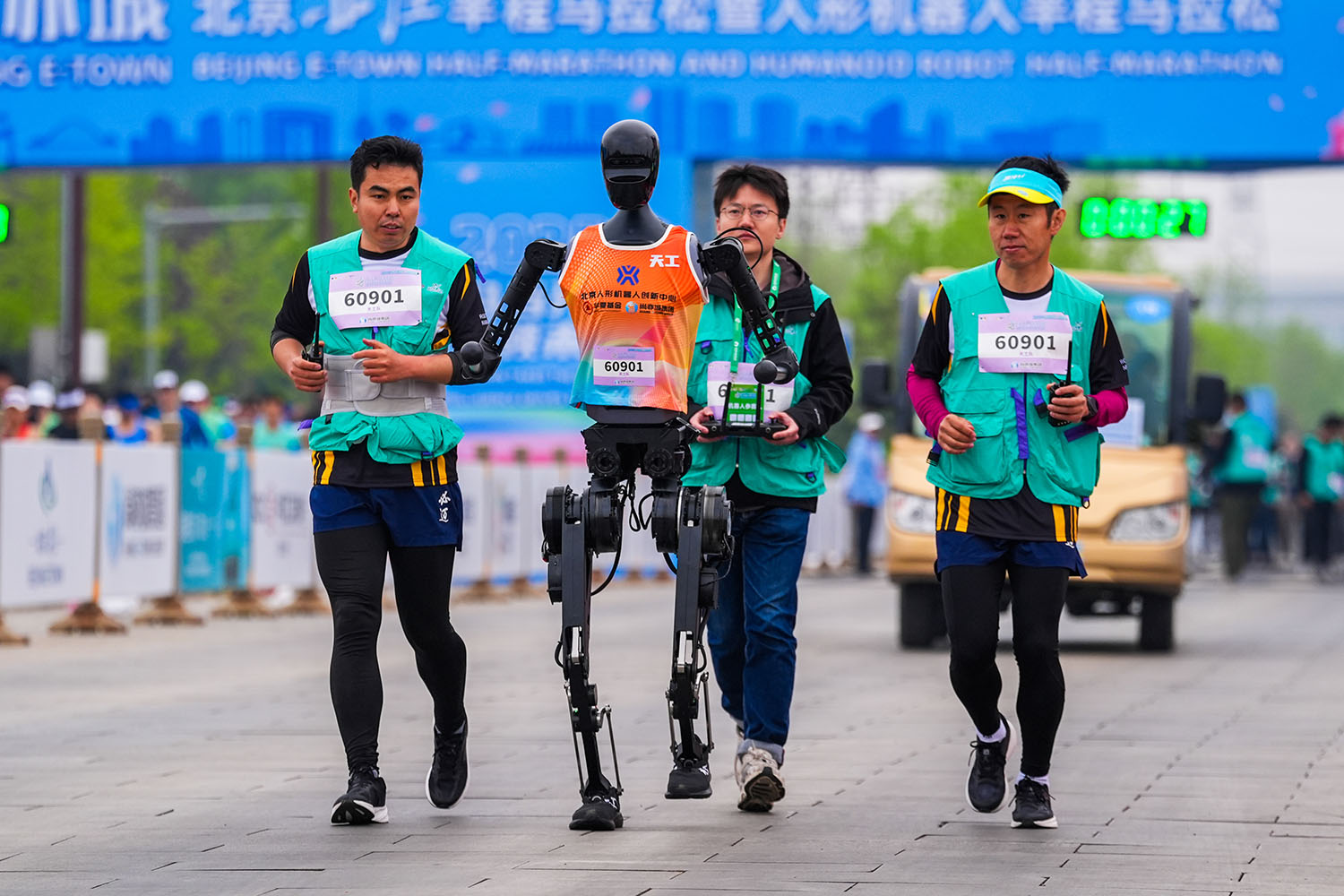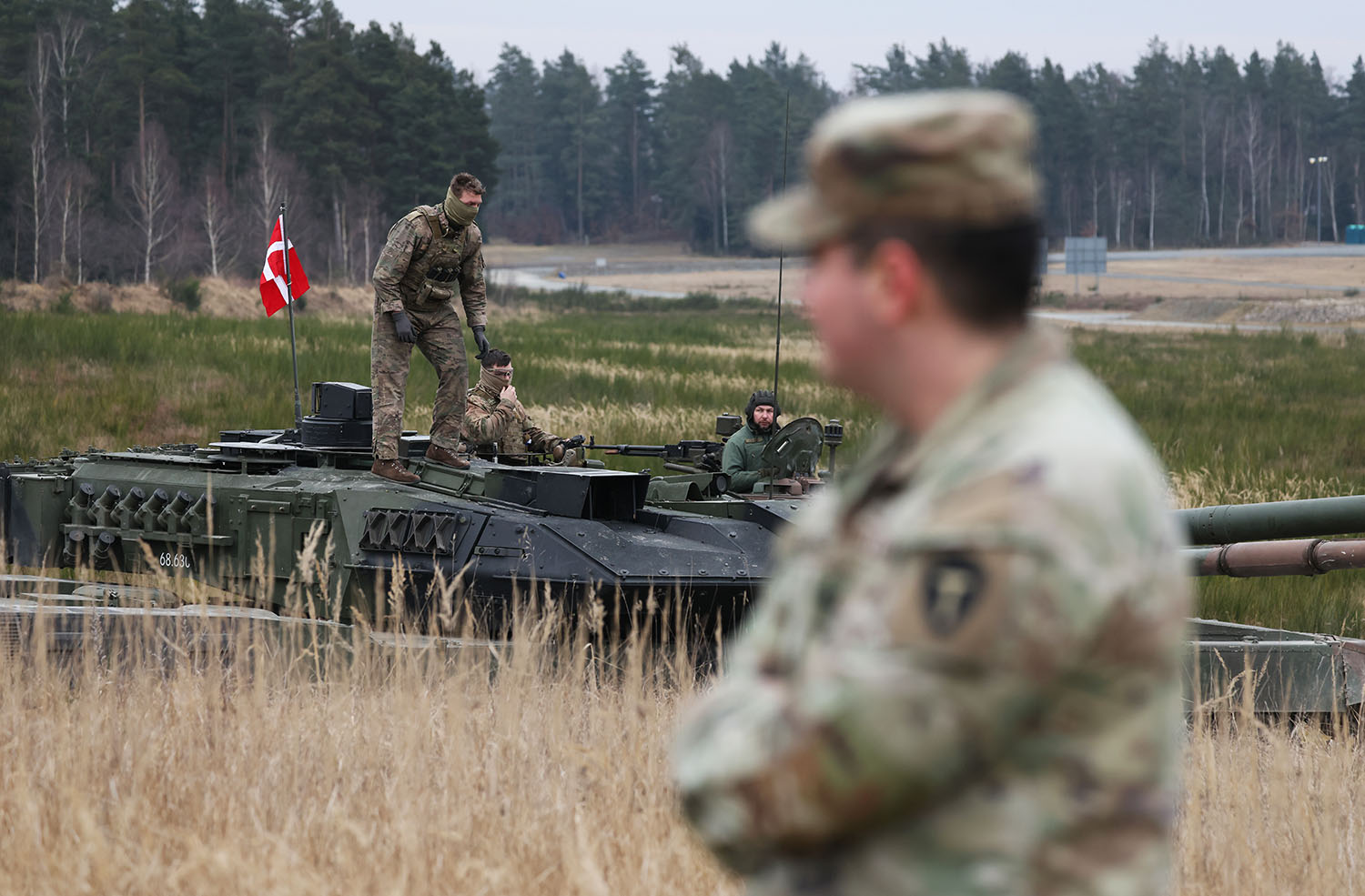
This year's RoboCup, a World Cup for footballing robots, was won by a Dutch team led (from the touchline) by a human who attributed its success to laziness. René van der Molengraft of Eindhoven University of Technology prioritised training his five-bot team to process only data that helped its members pass to each other and into space, and to find their own way around the pitch. Everything else was ignored. In particular, the bots were pre-loaded with an unchanging map of the pitch to spare them the energy-intensive task of constantly scanning their surroundings to locate themselves relative to lines and flags. They also didn’t bother with the thousands of lines of code it would have taken to program routes around the playing area in advance. The MIT Technology Review reports that laziness in robotics could have important applications cutting energy use in warehouses and car assembly plants – and interesting analogues in biology.







